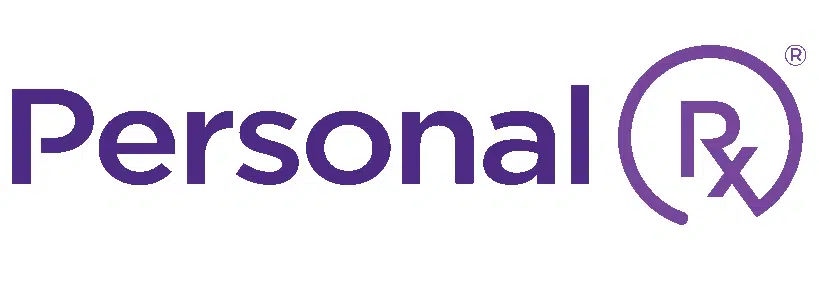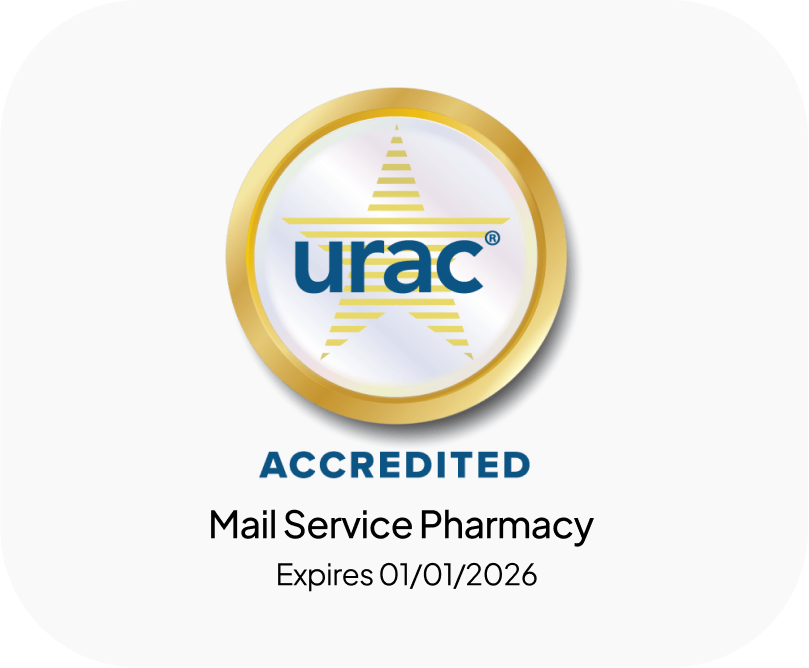One of the most common questions we get asked as a pharmacists is “Can I drink with this medication?” We will even have friends text to ask. This time of the year it is nice to be able to enjoy an alcoholic beverage or two with your pals. When should you stop and ask “Can I drink with this medication?” We're here to give you some basic guidelines to be able to enjoy your time while staying healthy.
Check With Your Pharmacist
Please know that you should always ask your prescriber or pharmacist if you are not sure. These recommendations are suitable for many individuals, however, depending on your chronic health conditions, the answer may change. For example, patients with impaired liver function should always avoid alcoholic beverages.
Patients are always provided drug monographs and medication guides when they receive the first fill on a prescription which contains valuable information. Two resources patients can access on the fly are DailyMed and Drugs@FDA, both of which provide those medication monographs/guides electronically.
The NIAA Provides the Following Recommendations
The National Institute on Alcohol Abuse and Alcoholism (NIAA) provides the following recommendations:
Combining alcohol with certain medications, particularly those with sedative effects, can increase the risk of adverse events, including falls, driving accidents, and fatal overdoses.
Alcohol can alter the metabolism and pharmacological effects of many common medications, and conversely, many medications can alter the absorption and metabolism of alcohol.
People aged 65 and older are at particularly high risk for harm, due in part to age-related changes in their physiology and in part to their increasing use of medications that could interact with alcohol.
The potential for harmful medication-alcohol interactions is a compelling reason for healthcare professionals to talk with their patients about their alcohol use when prescribing medications.
The Basic Information To Know
Tylenol/Acetaminophen/Paracetamol, commonly abbreviated as APAP- When alcohol is consumed with Tylenol in the body, it can cause formation of a toxic metabolite NAPQI. This is hazardous to the liver. Do not consume with alcohol.
NSAIDs, common examples include Aleve/Naproxen, Motrin/Ibuprofen, Aspirin- When alcohol is consumed with an NSAID, there is an increased risk of gastrointestinal bleeding. It is recommended to be avoided, but if you need a pain reliever or fever reducer after you have consumed an alcoholic beverage, it is the safest option, but please take it with food and the lowest effective dose possible.
Opioids, common examples include Oxycodone, Codeine, Hydrocodone and Morphine- Consuming alcohol while taking a potent pain reliever can significantly increase the risk of overdose due to suppressing the respiratory center in the brain. Do not consume together.
Buprenorphine containing preparations, common examples include Suboxone and Subutex- When alcohol combines with Buprenorphine, it can lead to a dangerous decrease in blood pressure, known as hypotension, suppression of breathing, as well as severe sedation that can lead to a coma. Do not consume with alcohol.
Warfarin/Coumadin/Jantoven- When alcohol mixes with this type of blood thinner, there is a significant and dangerous increase in bleeding risk. The best advice I can give for patients on Warfarin in general is consistency and that applies to diet and alcohol consumption. This medication is carefully monitored by bloodwork for safety. The more consistent a patient is, the quicker they will reach a stable maintenance dose. Do not consume with alcohol.
Benzodiazepines, common examples include Xanax/Alprazolam, Klonopin/Clonazepam, Valium/Diazepam, Ativan/Lorazepam - When combined with alcohol, there is a dangerous risk of respiratory suppression, memory issues and injuries that can lead to death. Do not consume with alcohol.
Prescription sleep medications, common examples include Ambien/Zolpidem, Lunesta/Eszopiclone, Sonata/Zaleplon - These medications can increase fall risk and impair memory on their own. Combining these medications with alcohol intensifies those potential side effects, and can lead to a dangerous outcome. Do not consume with alcohol.
MAOIs antidepressants, such as Isocarboxazid, Phenelzine, Selegiline, Tranylcypromine - When these are mixed with alcohol, they can cause a dangerous rise in blood pressure. Do not consume with alcohol.
Other antidepressants, such as Bupropion/Wellbutrin, Duloxetine/Cymbalta, Venlafaxine/Effexor - Combining these medications with alcohol has led to dangerous side effects such as seizures, liver toxicity and alcohol overdose. Do not combine with alcohol.
Cardiovascular medications such as Propranolol and Verapamil - When combined with alcohol, these medications can increase the risk of side effects leading to dizziness, fainting or prolonged levels of alcohol in the body. Do not consume with alcohol.
Antimicrobials, such as antibiotics and antifungals, common examples include Erythromycin, Doxycycline, Ketoconazole, Griseofulvin, and Isoniazid -
These medications have a multitude of ways they can be hazardous when combined with alcohol. Erythromycin and Doxycycline will have reduced effectiveness, which means they may not clear your body of the infection they were prescribed to treat. Ketoconazole, Griseofulvin, and Isoniazid can lead to liver toxicity. Do not combine with alcohol.
Disulfiram and disulfiram like reactions, common medication include Cefotetan, Ceftriaxone, Metronidazole - Disulfiram or Antabuse, was created as a deterrent to drinking alcohol. When a patient consumes alcohol or alcohol containing products (mouthwash, certain cold preparations) with Antabuse, even a small amount of alcohol mixed with this medication causes severe vomiting in addition to facial flushing, nausea, headache, rapid heart rate, and low blood pressure. There are medications that can mimic this reaction when mixed with alcohol, called a disulfiram like reaction such as Metronidazole, Cefotetan and Ceftrizoxone. Do not consume with alcohol.
Combining alcohol with certain medications, particularly those with sedative effects, can increase the risk of adverse events, including falls, driving accidents, and fatal overdoses.
Alcohol can alter the metabolism and pharmacological effects of many common medications, and conversely, many medications can alter the absorption and metabolism of alcohol.
People aged 65 and older are at particularly high risk for harm, due in part to age-related changes in their physiology and in part to their increasing use of medications that could interact with alcohol.
The potential for harmful medication-alcohol interactions is a compelling reason for healthcare professionals to talk with their patients about their alcohol use when prescribing medications.
We at PersonalRX are here to support patients in staying happy, healthy and taking their medication safely.
Take the Stress Out of Managing Your Medications
Ready to simplify your routine and stay on track with your prescriptions??
Learn more about PersonalRX Pharmacy services here.
Already know you’re ready to switch?
Sign up to get your pre-sorted dose packs here.



